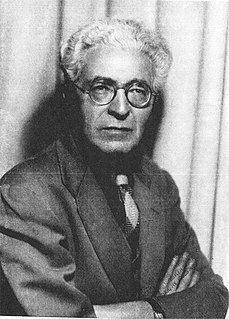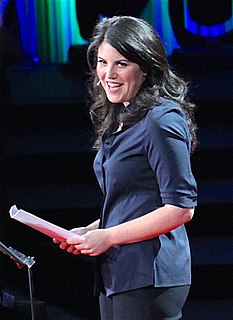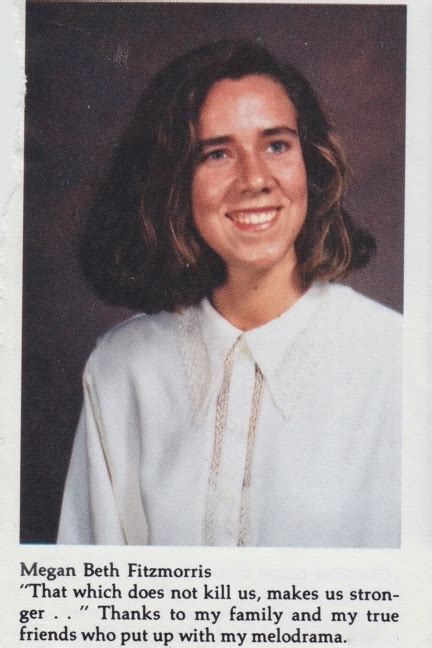A Quote by Denise Mina
I'm not much of a plotter. I start off with an inciting incident, and in classic crime fiction what happens is that all the action flows from that incident. It's very comfy when it all ties up and feels like a complete universe, but my stuff doesn't always work that way.
Related Quotes
No, you don't have to start your play with a premise. You can start with a character or an incident, or even a simple thought. This thought or incident grows, and the story slowly unfolds itself. You have time to find your premise in the mass of your material later. The important thing is to find it.
Plots may be simple or complex, but suspense, and climactic progress from one incident to another, are essential. Every incident in a fictional work should have some bearing on the climax or denouement, and any denouement which is not the inevitable result of the preceding incidents is awkward and unliterary.
Blind Curve, the book I'm working on now, sprang from a crazy incident that happened to me last year while on my book tour. I was pulled out of my car for a minor traffic violation - an incident that escalated into my being thrown into cuffs and told I was going to jail. Except in my story, the hero doesn't get off as easily as I did.
Robert McKee says humans naturally seek comfort and stability. Without an inciting incident that disrupts their comfort, they won’t enter into a story. They have to get fired from their job or be forced to sign up for a marathon. A ring has to be purchased. A home has to be sold. The character has to jump into the story, into the discomfort and the fear, otherwise the story will never happen.
A novel can be set in motion by an incident, a character, a location, a mood - by anything at all. Sometimes the stimulus can be an idea, which will rapidly clothe itself in character and incident. 'Foreign Bodies' came about through the contemplation of the contrast between post-second world war America and Europe.





































